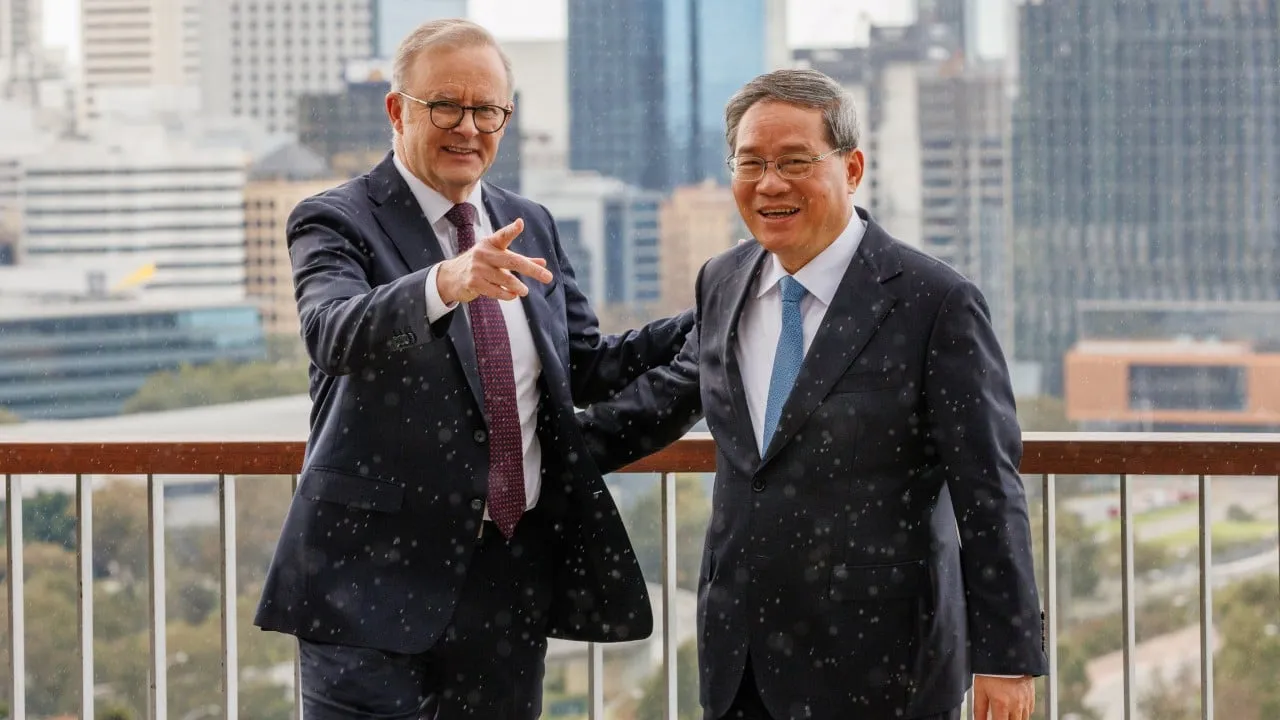China-Australia Relations: Navigating Economic Opportunities Amid Green Technology Growth

Australia is navigating its relationship with China amid ongoing global scrutiny over Chinese electric vehicles (EVs). Despite hefty tariffs imposed by the US and the EU, Australia continues to foster a constructive dialogue with China, underscoring the significance of bilateral interactions in the renewable energy sector. Recently, Prime Minister Anthony Albanese met with Premier Li Qiang to emphasize the crucial role of institutional dialogue, aiming to enhance cooperation in climate-related investments. This article discusses the implications of trade dynamics, particularly the growing importance of Chinese manufacturing and investment in Australia’s green transition.
Understanding the Trade Dynamics
Australia's relationship with China continues to evolve, driven by mutual economic interests, particularly in clean technology. The country relies heavily on Chinese imports while offering essential natural resources such as iron ore and gas in return.
Current Trends in Investment
- Chinese investments in Australia dropped significantly in 2023, reflecting geopolitical tensions, yet renewed interest in renewable projects is evident as ties normalize.
- The establishment of new projects, like a solar farm in Queensland and a battery storage system in South Australia, showcases growing collaboration.
Opportunities for Future Collaboration
Despite the challenges posed by protectionist sentiments and infrastructural limitations within Australia, experts advocate for a structured partnership model that could harness China’s leadership in green tech. Analysts predict that ongoing bilateral dialogues could lead to more sustainable energy ventures, benefitting both nations.
This article was prepared using information from open sources in accordance with the principles of Ethical Policy. The editorial team is not responsible for absolute accuracy, as it relies on data from the sources referenced.